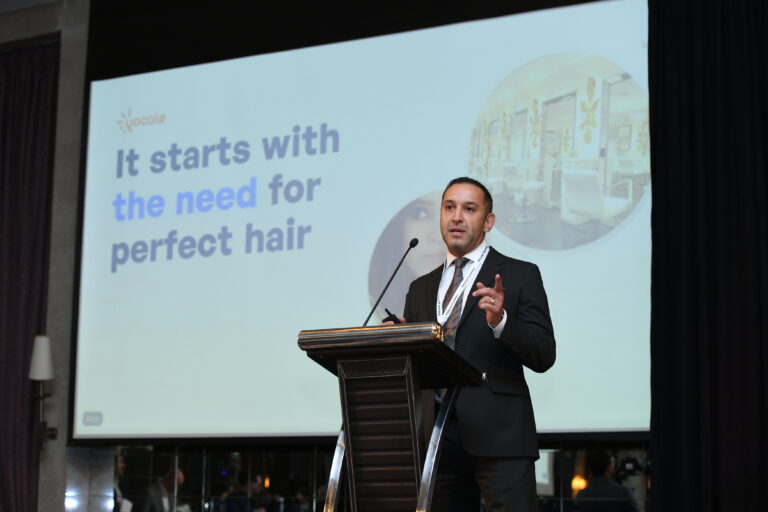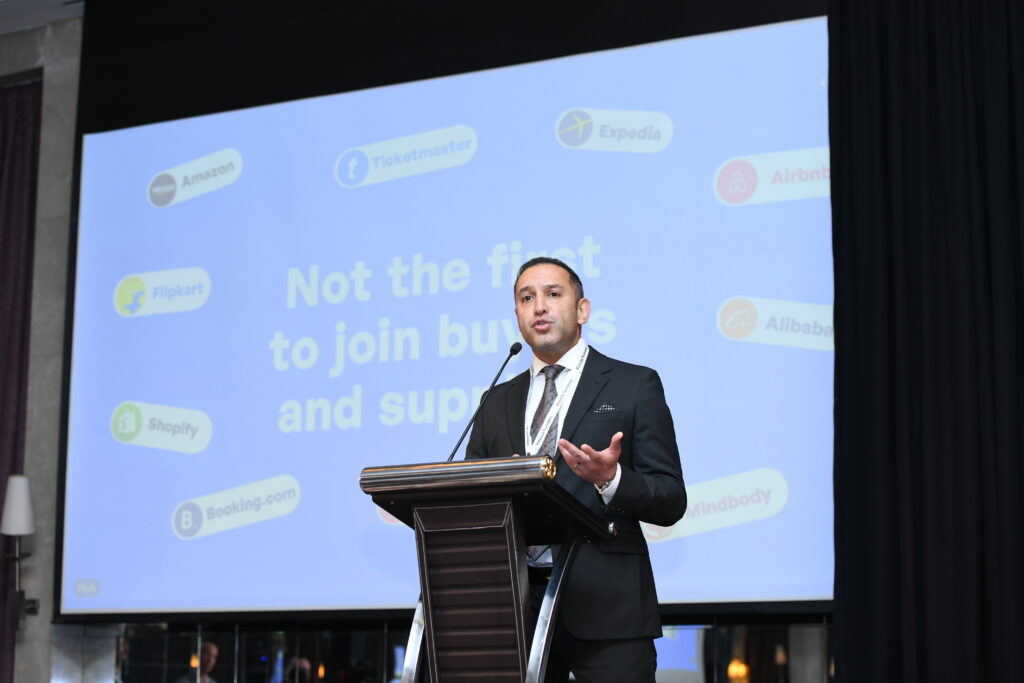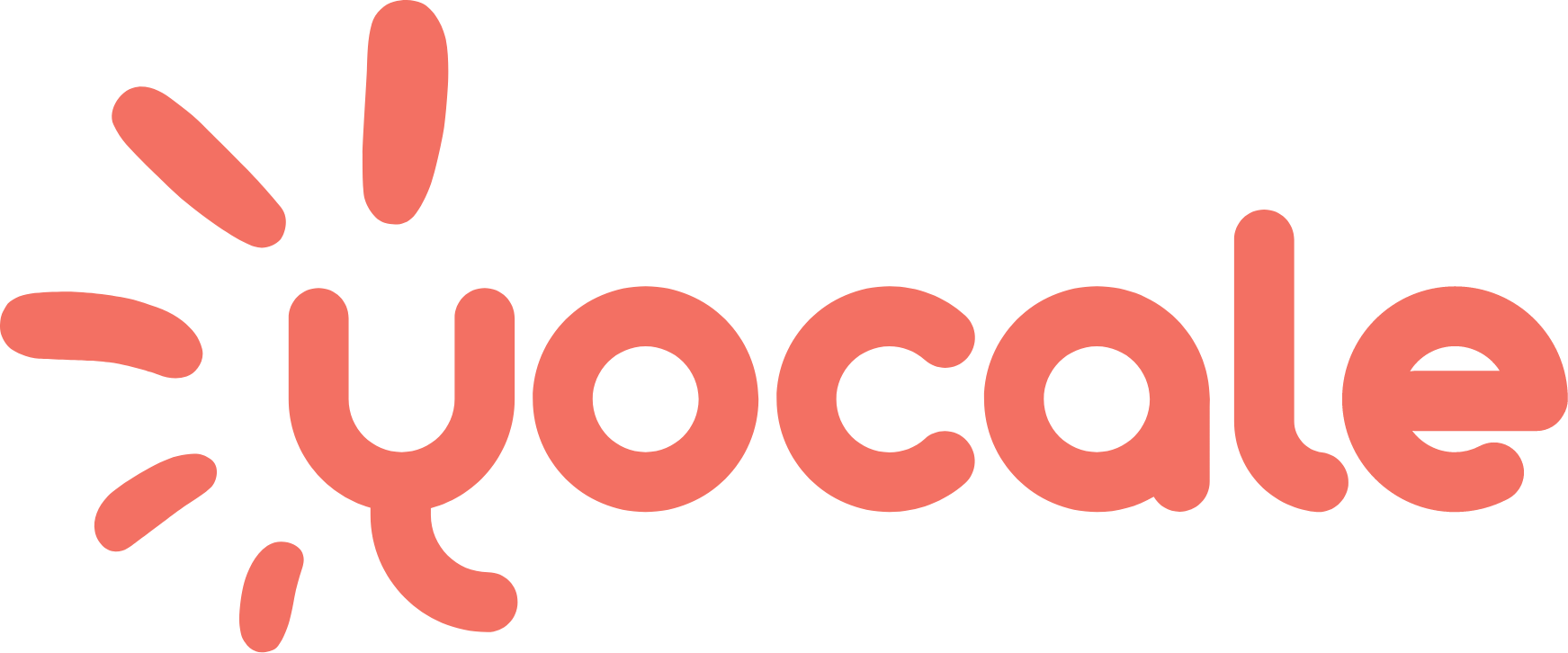I was recently asked to speak at a Global Family Office summit in Dubai. In preparation, I began reflecting on my past investment experience – specifically about the times when investments went well – and more importantly – when they didn’t.
Whether you’re a family office or a VC fund in the business of investment, you’ll always be investing in people, the company and then the product. When I reflect back to when things didn’t go well, it was typically a lack of the right leadership fit.
"
You’ll always be investing in people, the company and then the product
"
Indeed, it’s very possible to hire the wrong leaders who then go on to hire the wrong people. Of course, it goes without saying that just because they may be the wrong leaders doesn’t make them bad people, it just means they aren’t a fit for the particular role at hand.
In short, while it’s often thought that more capital is the solution to better hiring, it’s actually the right people who get you the right people.
So, how do you know if you’ve hired the right people? How do you course correct if you’ve realized you’ve made a hiring mistake?
The Importance of Hiring the Right People
Your leadership team will have a direct influence on nearly every aspect of your business or your investments.
That’s why the difference between a great leadership team and a mediocre one can be substantial in terms of the success and financial outlook of your company.
Poor hiring decisions can be extremely costly. According to CB Insights, which analyzed over 100+ businesses to determine why businesses failed, the wrong team was a top reason for failure.
How Do You Know If You’ve Hired the Right People?
Often, it might not be immediately clear that you’ve hired the wrong leadership team. As it’s commonly said, “You don’t know what you don’t know!” Perhaps it’s because you don’t have the right skill set within your organization to recognize the leaders you need to achieve your objective. Capital on its own won’t be enough to solve the problem.
"
You don’t know what you don’t know!
"
In fact, a growth bottleneck for emerging economies may be that money on its own is not enough. They need to find the right expertise to find qualified people in order to move in the right direction.
Although it may not be immediately clear if your leaders don’t have it in them and are not fit for the role, here are some general signs that it might be time to reevaluate your leadership team:
- Do they have a clear and concise execution plan? Be wary of getting blindsided by the corporate layers. Make sure you have feedback from the key stakeholders and not just the top-level managers.
- Are you able to get continuous insights? You can’t go on for a year to realize you need a U-turn. Agility and shortening audit intervals are crucial.
- Are you seeing a decrease in employee retention (i.e. a surge in turnover)?
- Are you meeting your growth objectives?
- Do you have visibility into your company culture? Are leaders getting direct feedback from employee surveys or from ongoing one-on-ones? And what do they do about it?
At the end of the day, time is of the essence! You have to have your checks and balances in place to make sure you mitigate against the time and expensive cost of realizing you have the wrong people in the wrong roles. And sometimes it might be just that – the wrong people in the wrong roles whom perhaps would do much better in a different role.
What You Need to Hire The Right People
Lay the Groundwork
Before you do anything, the first step is to know what you should be looking for (and where!).
Objectively speaking, what overall skills do potential candidates need to have and how should they be measured? What soft and hard skills do candidates need (and how important are those skills)?
If you’re not sure where to start, recognize that “you don’t know what you don’t know!” You’ll need to take time to research before you know what to look for and to then determine what key performance indicators (KPIs) to monitor or what objectives and key results (OKRs) to set. Put another way, define what success looks like at 30/60/90/180 days and have a clear idea of how you would measure if they’re on the right track.
Similarly, how do you mitigate in the event that excuses are made that might seem legitimate at the time because you didn’t know any better? Performance measurement and course correction are a function of art and science to know when to keep going and when to stop and cut your losses.
"
Course correction is a function of art and science.
"
Get Help from Experts – But Resumes Are Not Sufficient
When investing in a new hire or entrepreneurs, a good rule of thumb when there’s an expertise gap is to hire third-party consultants and other subject matter experts. Ideally they would have direct (or at least complimentary) industry experience, but experience getting to know a brand-new industry can also be considered. Put another way, this shows that they have the skills to go learn and understand the industry as well as the dos and don’ts. Don’t always seek help from those that succeeded. Often you learn more from the ones that failed!
As you saw above, a well-defined execution plan is also key – inspiration or “talking the talk” is simply not enough. As Larry Bossidy outlines in his book, Execution: The Discipline of Getting Things Done, “execution is the missing link between aspirations and results.” If leaders don’t have a plan to get there or can’t define success, this is something to watch out for.
You also need to see track records in multiple ventures (and to verify that those ventures are real). This is because plans, no matter how well they have been defined, need to be tested. The ability to A/B test is a crucial part of an execution plan.
Great leaders surround themselves with smart people, so examining their accomplishments in both individual and team capacities is something to review.
But resumes and bios on their own are not sufficient. The reason is that those results might have been the product of a very particular set of circumstances. While you may have an executive or a leader that was able to generate great results within the framework of another team in a very specific scenario, those past results don’t always guarantee future success.
This holds true even if you know the candidate personally. Although you may have known them to be a superstar in the past, ask yourself if you would still consider them high performers based on today’s you. At the time you thought they were a superstar, was it because they just knew more than you or would you still consider them to be a high performer?
In short, it’s important to recognize that the reason why someone may perform exceptionally is because they are part of a system that brings the best out of them. However, if you get them to design that system or work in a different environment, the results are not always the same.
Determine Soft Skills
When it comes to your executive leadership team, some soft skills are more important than others. Here are some important ones to consider:
- Are they proactive and do they care to self-measure?
- Are they team players?
- Do they have the ability to self-examine and course-correct?
- Do they take feedback well even from their subordinates?
- How do they describe their failures and what did they learn from them?
- How do they value their time? Do they recognize that time is precious and that their own hunger for valuing results is critical?
One word of caution when it comes to determining soft skills: self-confidence – and particularly excessive self-confidence – isn’t always an indication of true experience, expertise or accomplishments. Often it may be a mask of insecurities.
"
Excessive self-confidence
often may be a mask of insecurities.
"
If you see excessive self-confidence, you need to monitor the execution plan to ensure that your leadership team is actually able to deliver the promised results. In addition, they need to make sure there is alignment of the entire organization towards a common goal. When people are not aligned, not only do you not get the maximum performance of the team, but it can make the entire organization fall apart as people may each be pulling in different directions.
Going Beyond Hard and Soft Skills
In addition to assessing the candidate’s past accomplishments and soft skills, it’s also important to determine whether their values and priorities align with your own.
Do they realize the importance of having the right people? Do they recognize their own gaps in knowledge and also understand that people hire the right people? Do they seek constructive feedback?
Are their career and life goals aligned with your needs to drive success? Ask them to define their 30/60/90/180-day success measurements.
Wrapping it Up
At the end of the day, the right people will get the job done – even if they get stuck in tough times.
With the right company, they’ll be able to navigate through it because the product can always be course corrected.
But if your company is showing signs of a lack of leadership fit, it’s about knowing when you made a mistake. The most important thing is to start having those conversations about continuous and small interval measurements to make sure alignments toward the goal are being met – as well as having a well-defined execution plan – in order to mitigate the effects of a poor hiring decision.
About the author:
Recognized as a pragmatic and transformational leader, Arash has a unique blend of technology, business development, corporate and finance experience. Arash is honored to have been named the Business in Vancouver’s Top Forty under 40 business executive. In his free time, you can find Arash traveling, biking, skiing, taking photos, or at the gym.
About the author:



Arash Asli
Founder & CEO
Recognized as a pragmatic and transformational leader, Arash has a unique blend of technology, business development, corporate and finance experience. Arash is honored to have been named the Business in Vancouver’s Top Forty under 40 business executive. In his free time, you can find Arash traveling, biking, skiing, taking photos, or at the gym.





